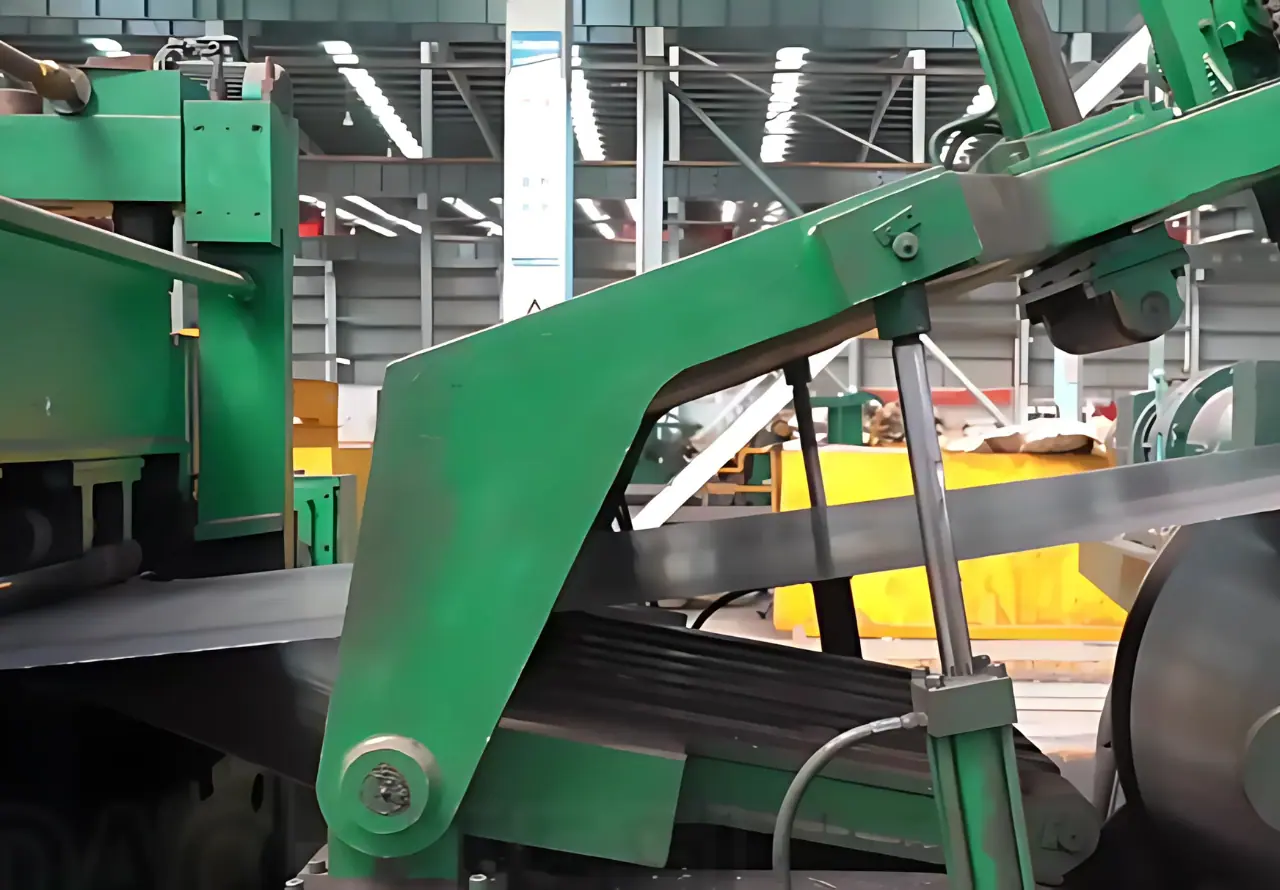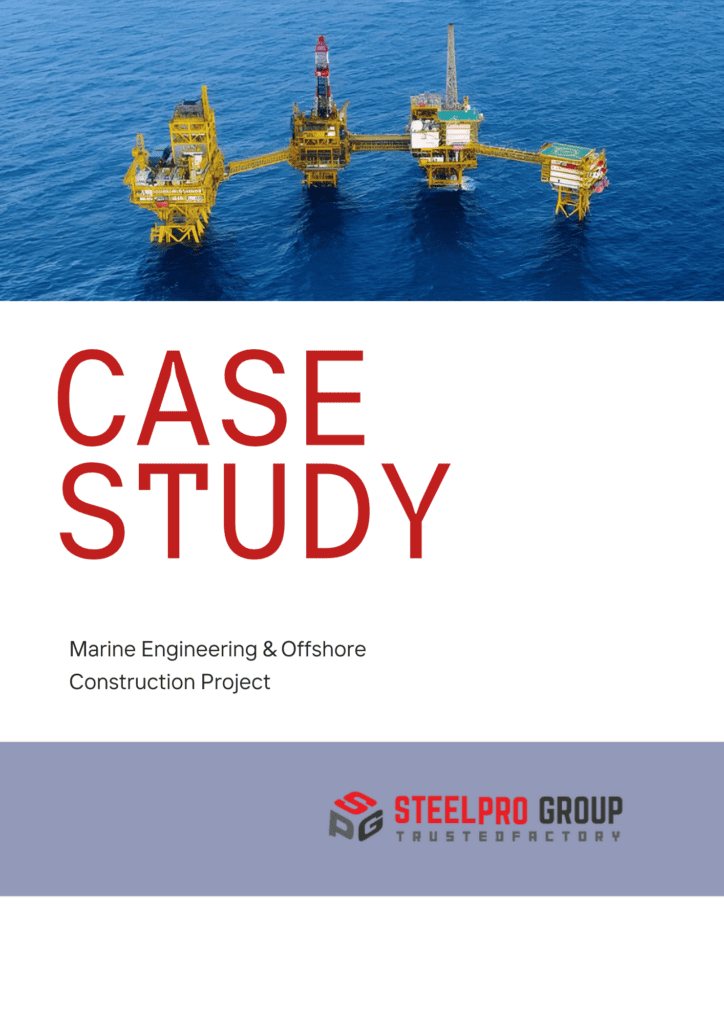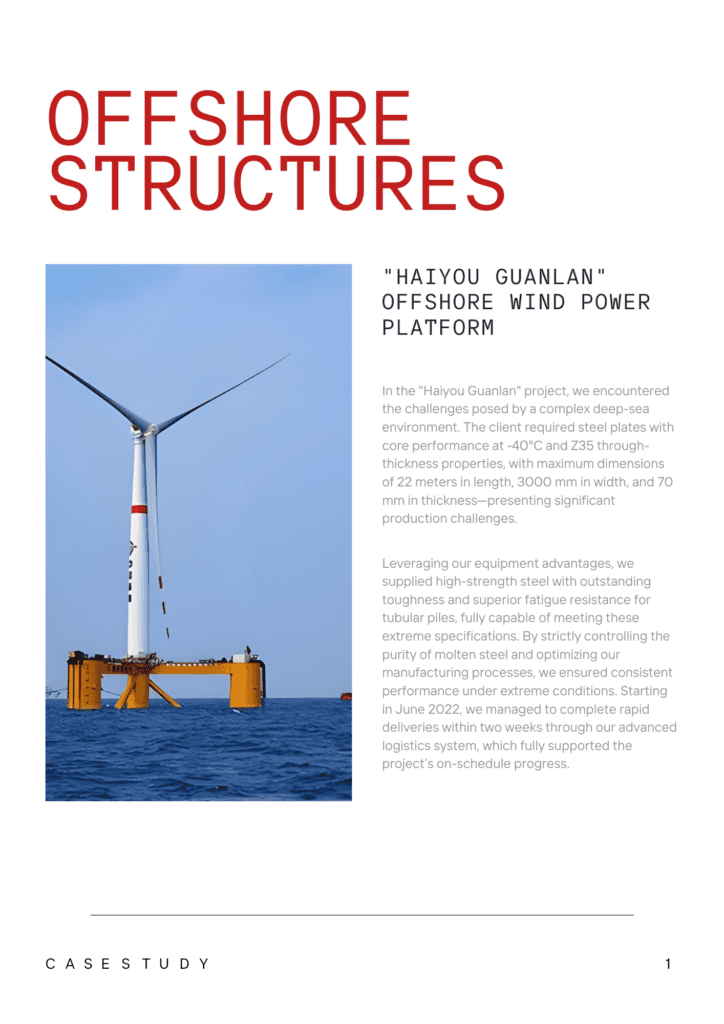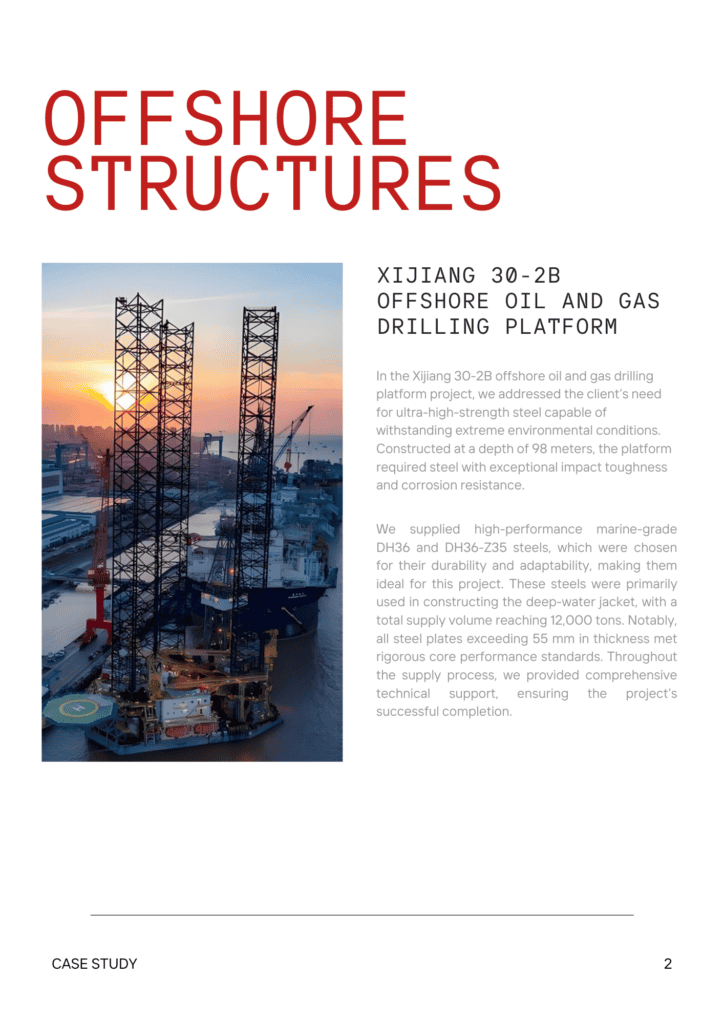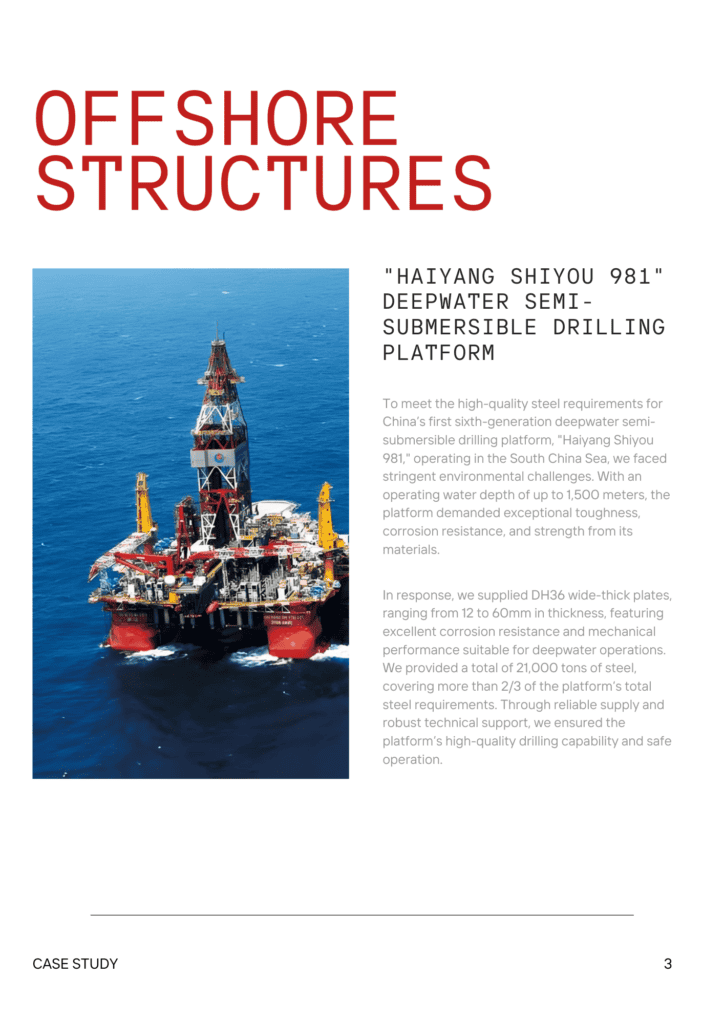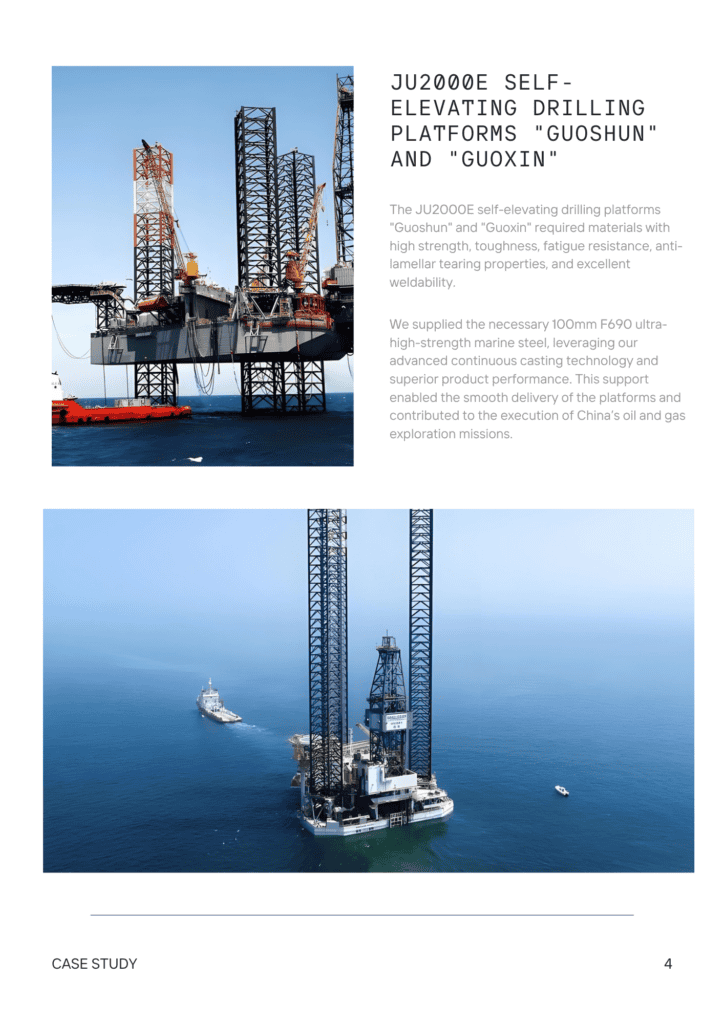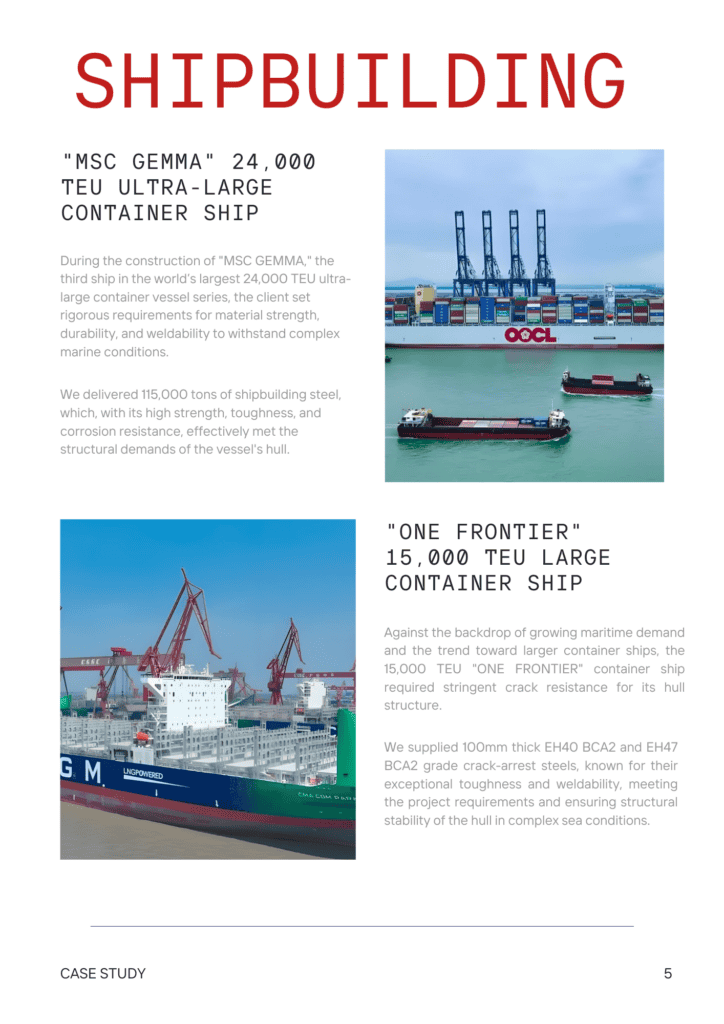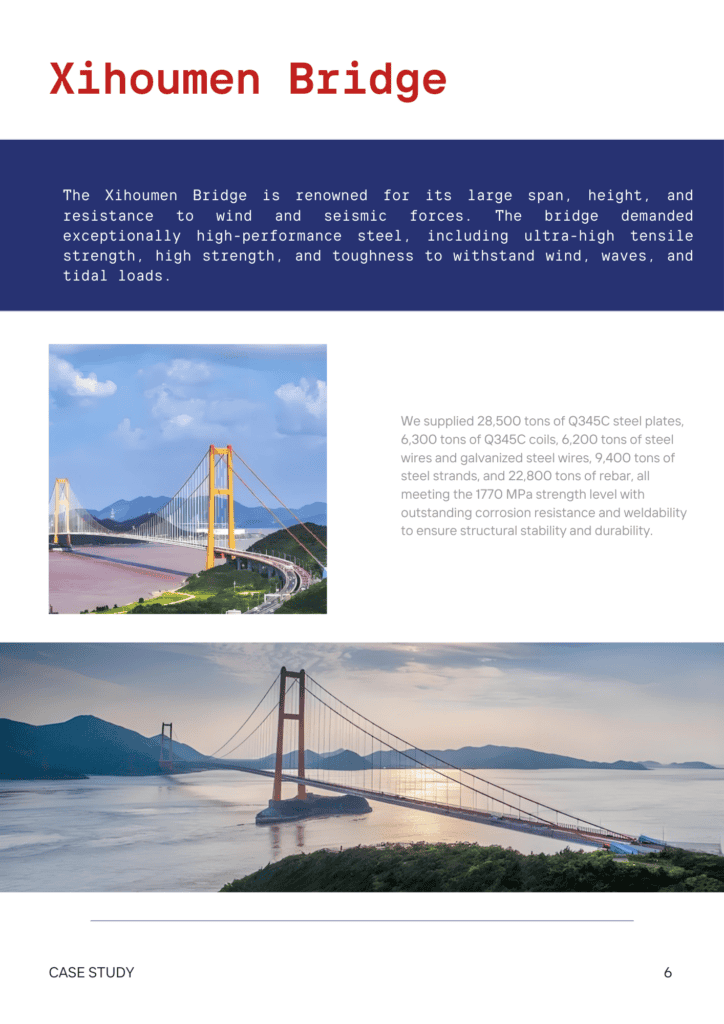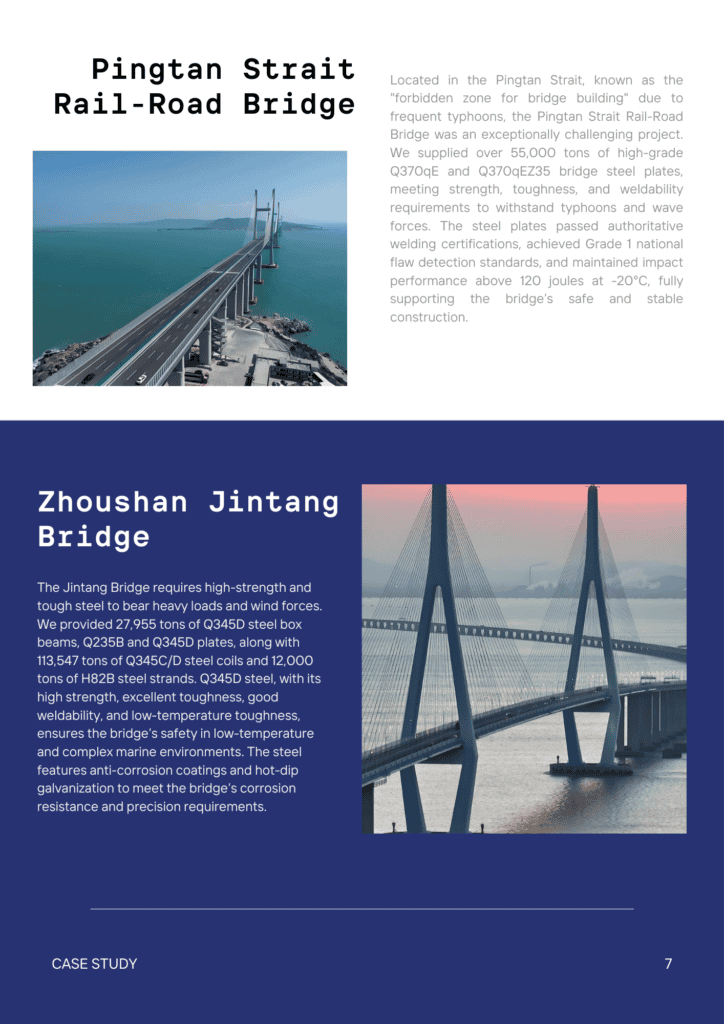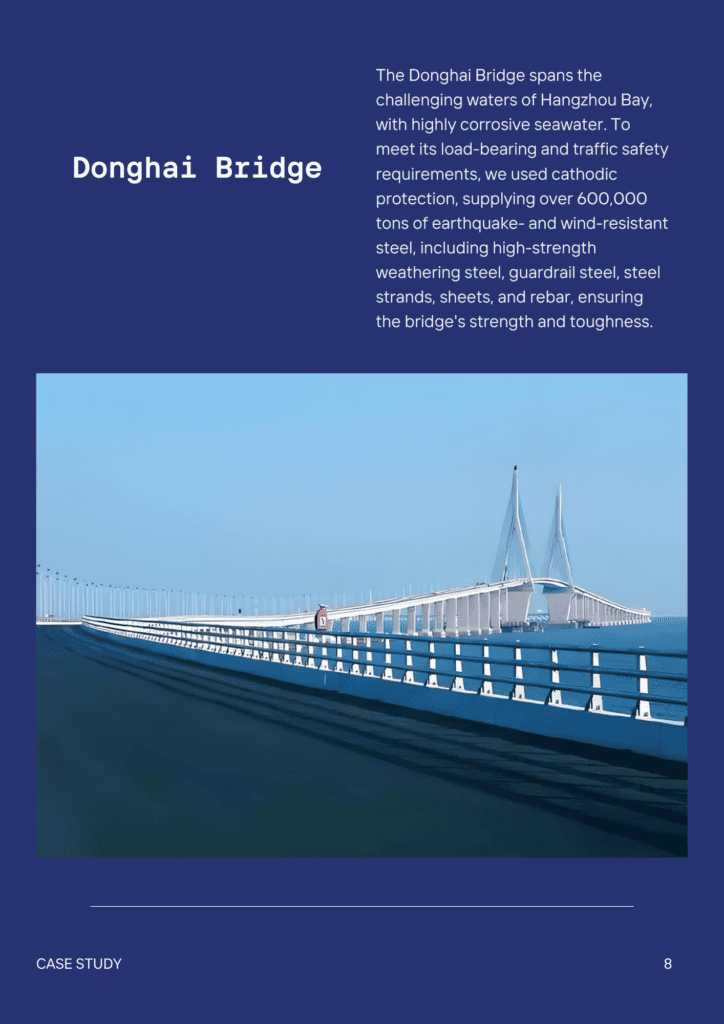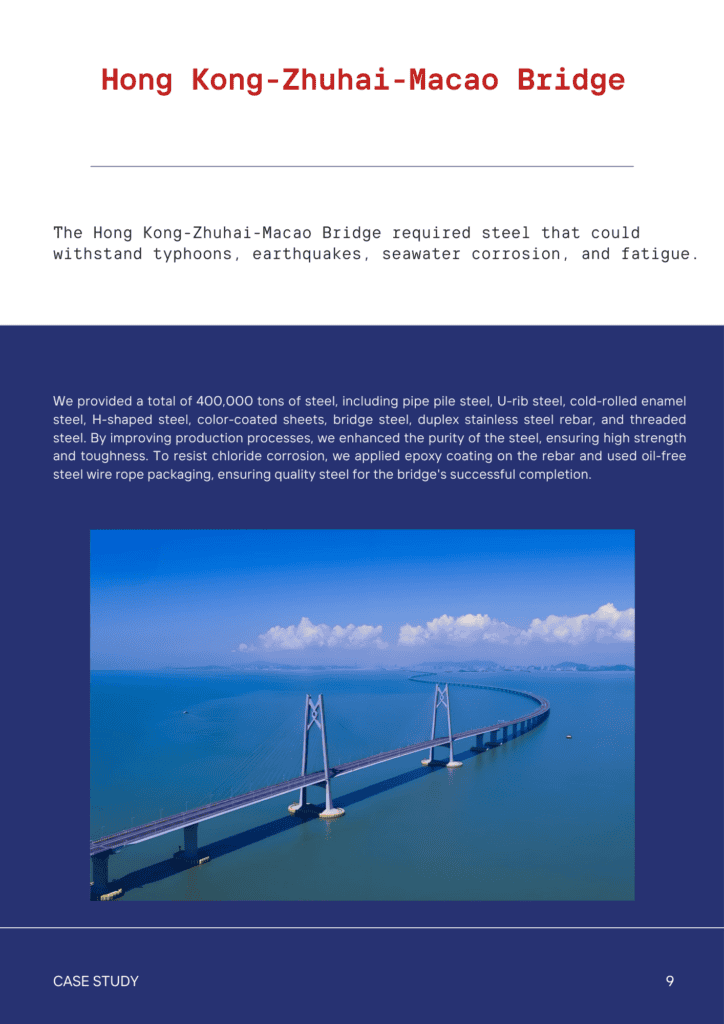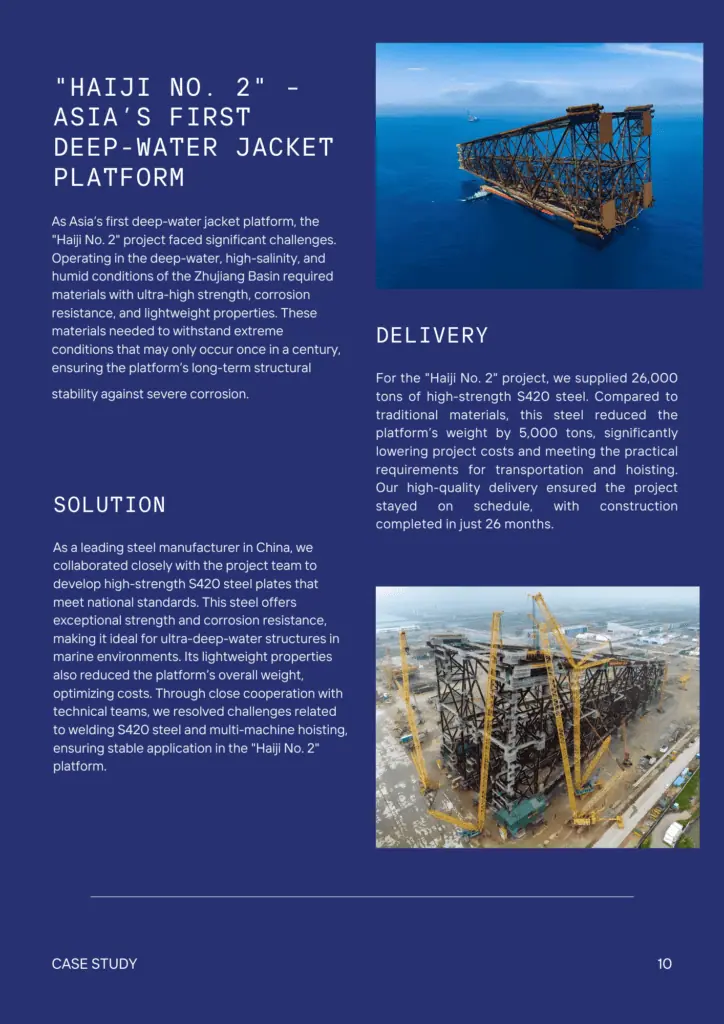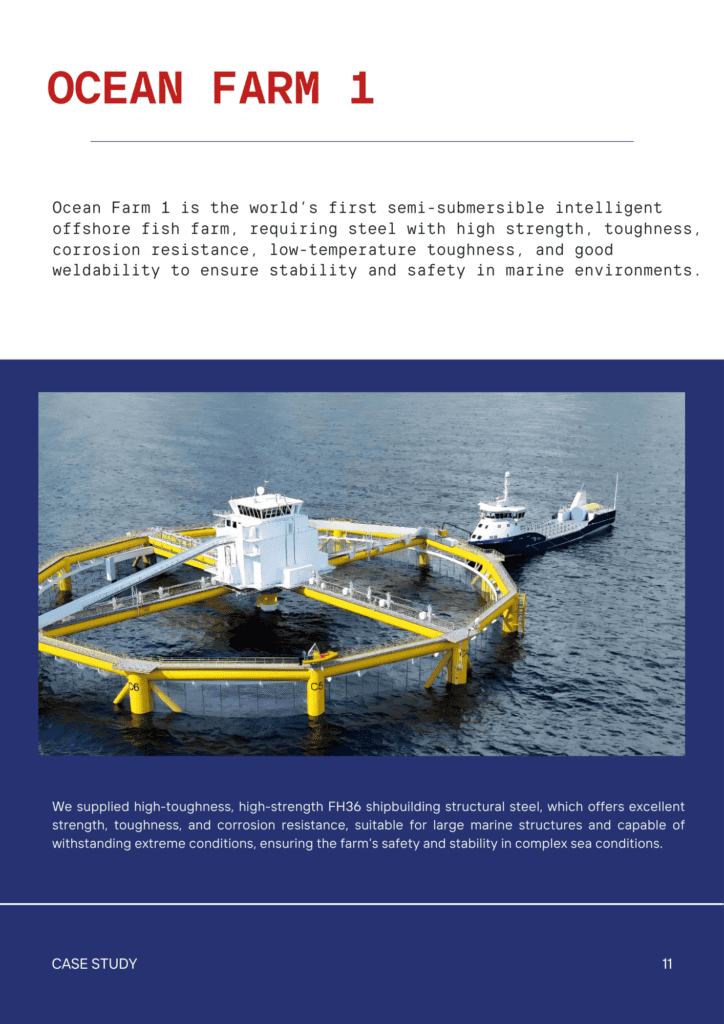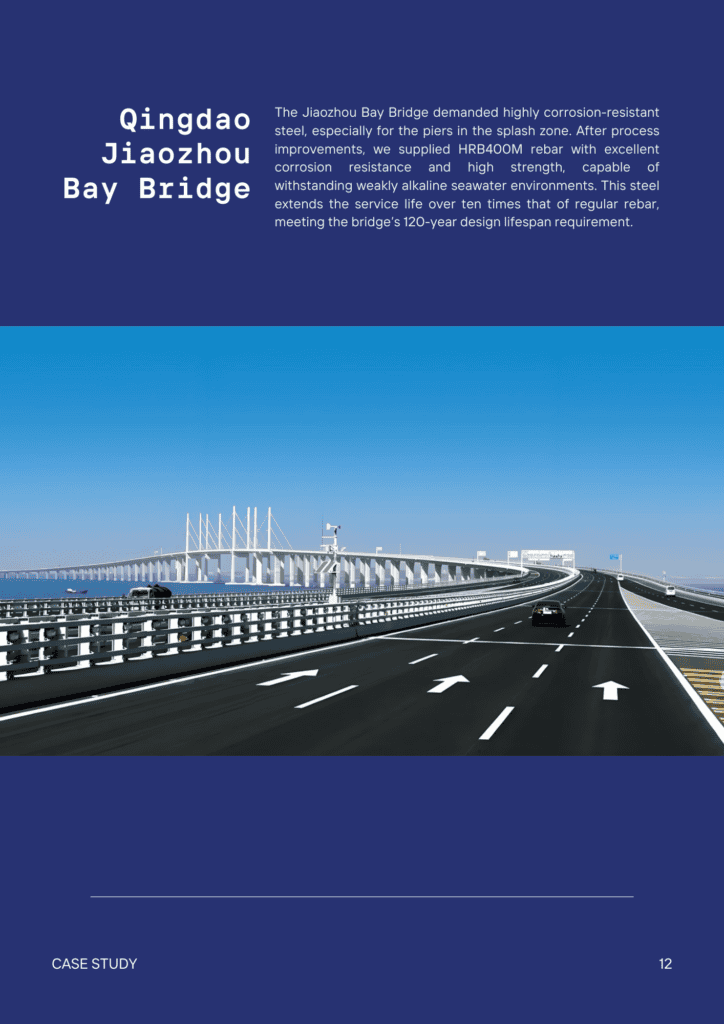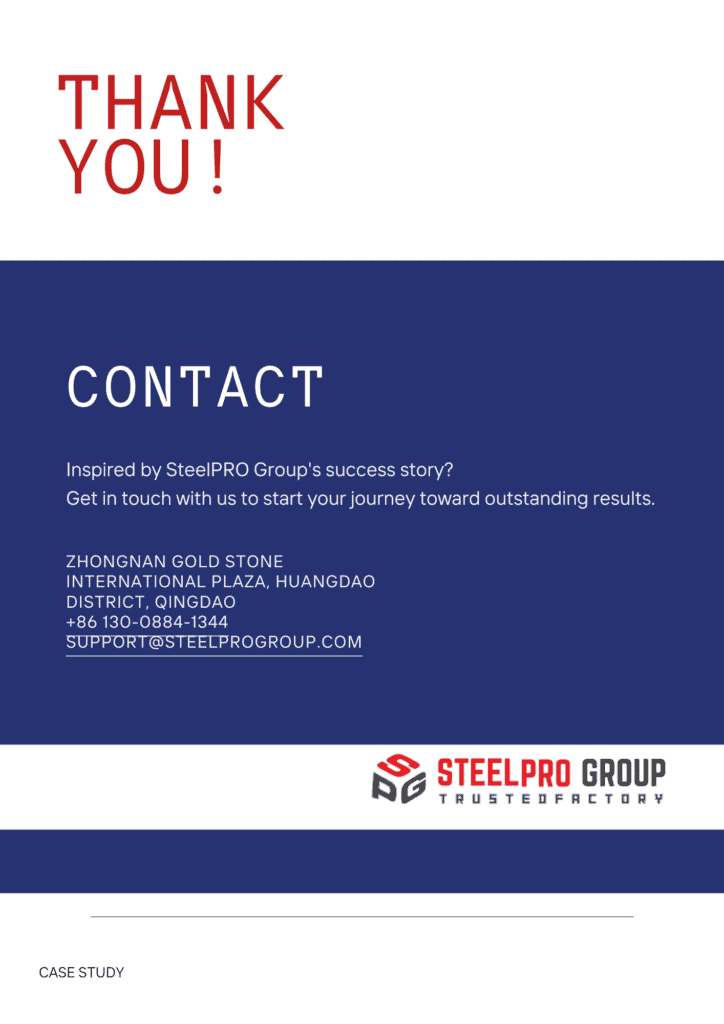SA533 | A533 | Low Carbon Steel | Pressure Vessel Steel
SA533 | A533 | Low Carbon Steel | Pressure Vessel Steel
SA533 is a low alloy steel plate primarily used for pressure vessels and boilers. It adheres to the ASTM standard. The “SA” stands for ASME specification, and the “533” indicates the specific grade. Equivalent grades include A533 (ASTM) and P295GH (EN). SA533 features high strength, excellent notch toughness, and good weldability. It is considered nuclear-grade steel, commonly used in the nuclear industry and for fabricating reactors and other heavy-duty components.
Description
What Is SA533?
SA533 is a low alloy steel plate that consists of over 95% iron with small amounts of alloying elements such as nickel, manganese, and molybdenum. This steel is characterized by high strength, excellent notch toughness, and good weldability. It is processed through hot rolling. SA533 is widely used in the nuclear industry, reactors, and other heavy-duty equipment. Depending on the requirements, SA533 can be further classified into different grades, such as SA533 Grade B and SA533 Grade C.Characteristics of SA533 Steel
SA533 steel is known for its excellent strength and toughness, especially at low temperatures. It contains manganese, molybdenum, and nickel, which enhance its durability and resilience. The steel’s high yield strength and resistance to brittle fracture make it ideal for heavy-duty applications. It is also weldable and formable, allowing for easy fabrication and structural flexibility. SA533 is commonly used in the construction of pressure vessels, boilers, and nuclear reactors due to its ability to withstand high pressure and extreme temperatures. Its performance in cryogenic environments makes it suitable for storage tanks and other low-temperature services. For alternatives, consider SA387, SA302, or SA516 steel grades, which offer similar benefits and can be chosen based on specific requirements such as higher temperature resistance or enhanced weldability. These alternatives can provide tailored solutions for various engineering needs while maintaining robust performance standards.Chemical Compositions
| Element | Content (%) |
|---|---|
| Carbon, C | 0.10 – 0.20 |
| Manganese, Mn | 1.15 – 1.50 |
| Phosphorus, P | ≤0.025 |
| Sulfur, S | ≤0.025 |
| Silicon, Si | 0.15 – 0.50 |
| Nickel, Ni | 0.40 – 1.00 |
| Chromium, Cr | ≤0.30 |
| Molybdenum, Mo | 0.10 – 0.60 |
| Vanadium, V | ≤0.30 |
| Copper, Cu | ≤0.35 |
Physical Properties
| Property | Metric | Imperial |
|---|---|---|
| Density | 7.85 g/cm³ | 0.284 lb/in³ |
| Melting Point | 1371 – 1533°C | 2500 – 2791°F |
| Boiling Point | – | – |
| Thermal Conductivity | 31.2 – 44.3 W/m·°C | 21.6 – 30.7 BTU/h·ft·°F |
| Electrical Conductivity | – | – |
| Specific Heat Capacity | 460 J/kg·°C | 0.11 BTU/lb·°F |
| Thermal Expansion Coefficient | 11.2 – 12.3 x 10⁻⁶ /°C | 6.2 – 6.8 x 10⁻⁶ /°F |
| Electrical Resistivity | 423 – 432 nΩ·m | 423 – 432 nΩ·m |
Mechanical Properties
AC (Air Cooled) Sate
| Property | Metric | Imperial |
|---|---|---|
| Tensile Strength | 485 – 620 MPa | 70 – 90 ksi |
| Yield Strength | 280 – 345 MPa | 41 – 50 ksi |
| Brinell Hardness | 135 – 175 HB | 135 – 175 HB |
| Rockwell Hardness | 85 – 95 HRB | 85 – 95 HRB |
| Vickers Hardness | 140 – 190 HV | 140 – 190 HV |
| Elongation | 18 – 22% | 18 – 22% |
| Elastic Modulus | 200 GPa | 29 msi |
QT (Quenched & Tempered) State
| Property | Metric Unit | Imperial Unit |
|---|---|---|
| Tensile Strength | 620 – 795 MPa | 90 – 115 ksi |
| Yield Strength | 485 MPa | 70 ksi |
| Elongation | 16% | 16% |
| Reduction of Area | – | – |
| Impact Absorption Energy | 54 J | 40 ft-lb |
| Elastic Modulus | 210 GPa | 30 msi |
Industries & Applications
| Industry | Specific Products |
|---|---|
| Nuclear Power Generation | Reactor Pressure Vessels, Steam Generators, Containment Structures, Pressurizer Components |
| Oil and Gas | Heat Exchangers, Pressure Vessels, Reactors, Storage Tanks |
| Chemical Processing | Distillation Columns, Chemical Reactors, Heat Exchangers, Pressure Vessels |
| Aerospace | Engine Mounts, Fuselage Components, Structural Supports, Landing Gear |
| Marine | Submarine Hulls, Offshore Platforms, Ship Structures, Pressure Hulls |
| Construction | Heavy Machinery Frames, Structural Columns, Bridge Components, Crane Components |
| Military | Armored Vehicles, Missile Tubes, Defense Structures, Tank Components |
| Power Plants | Turbine Housings, Boilers, Pressure Vessels, Piping Systems |
| Automotive | Chassis Components, Engine Blocks, Suspension Parts, Transmission Cases |
Machining
Heat Treatment
- Normalizing: Heat to 1650°F (900°C) to 1750°F (955°C), hold to achieve uniform temperature, then cool in air.
- Quenching: Reheat to 1550°F (845°C) to 1650°F (900°C), hold to ensure uniform heating, then quench in water or oil as required.
- Tempering: Reheat to 1100°F (595°C) to 1300°F (705°C), hold for at least 1 hour per inch (25.4 mm) of thickness, then cool in air.
- Stress Relieving (if needed): Heat to 1100°F (595°C) to 1300°F (705°C), hold for at least 1 hour per inch (25.4 mm) of thickness, then cool in air.
Surface Finish
- Machining: Turning, milling, drilling, and grinding for precise parts and shapes.
- Heat Treatment: Normalizing, quenching, and tempering to improve properties.
- Sandblasting: Removes scale and contaminants using high-pressure abrasives.
- Pickling: Acidic solution to remove oxides and impurities.
- Electroplating: Coats with metal (nickel, chromium, zinc) for corrosion resistance.
- Coating: Protective paint or anti-corrosion layer for weather resistance.
- Polishing: Achieves high surface finish and gloss.
- Ultrasonic Cleaning: Removes dirt and grease with ultrasonic vibrations.
*Customization is available upon request.
Disclaimer
The provided heat treatment and surface treatment processes are general guidelines. Actual conditions may vary depending on specific applications and requirements. It is recommended to consult with a professional metallurgist or material scientist to tailor the processes to your particular needs. The information herein is not a substitute for professional advice and should not be relied upon as such.
Our Service
SteelPRO Group – manufacturer and solution provider for special steel, offering multi-industry application solutions and customised services, 100% quality free, accompanying customers in their growth!
Our Quality Control
- Roundness
- Tolerance
- Microstructure
- Non-Destructive Testing
- Destructive Testing
- Process Control
Service Integration Processing
- Welding
- Metal Fabrication
- CNC Machining
- Lathe
- Forming
QUESTION 1
QUESTION 2
QUESTION 3
QUESTION 4
QUESTION 4
CONTACT
CONTACT
Certifications







Other Products
-
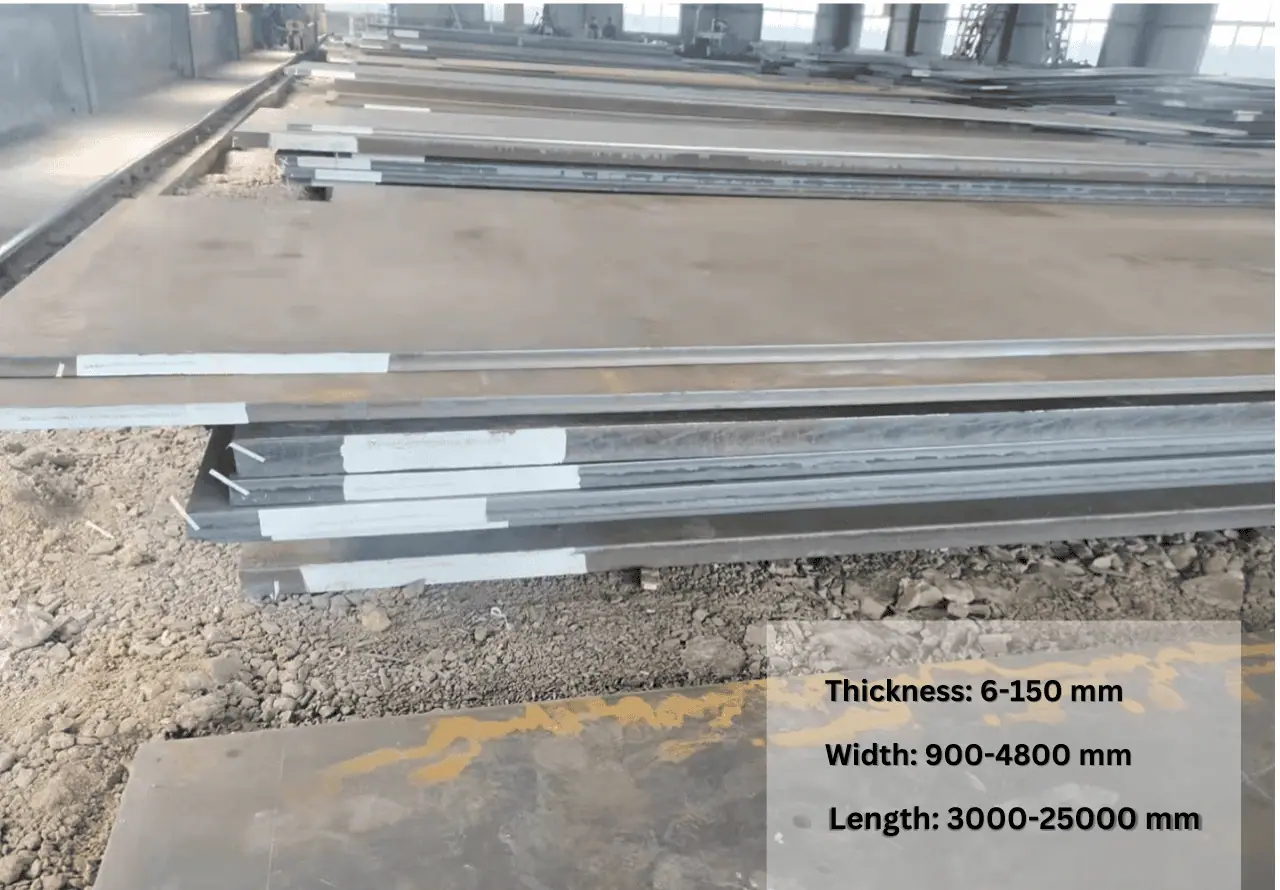
-
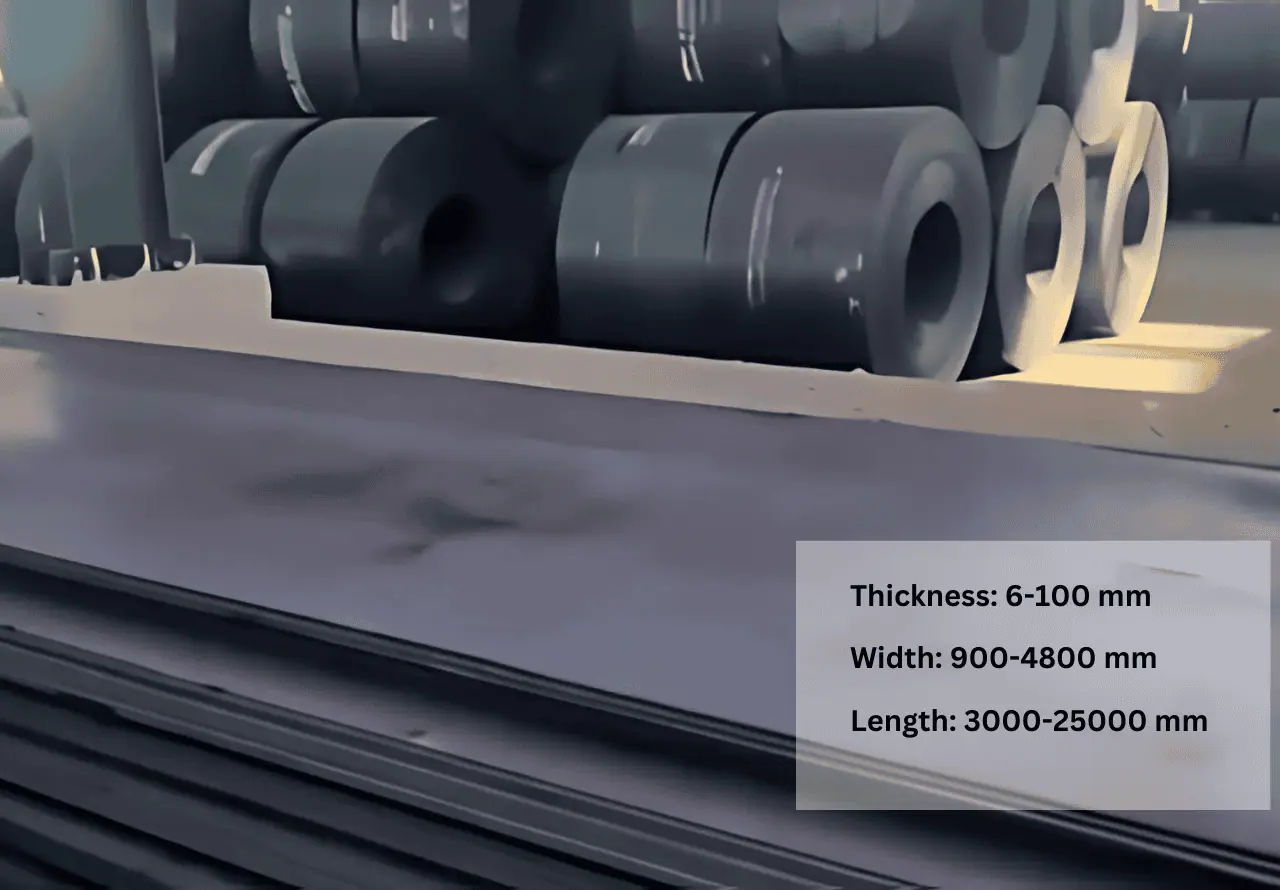
SteelPRO Group offers FH550 high-strength structural steel plates for shipbuilding....
-
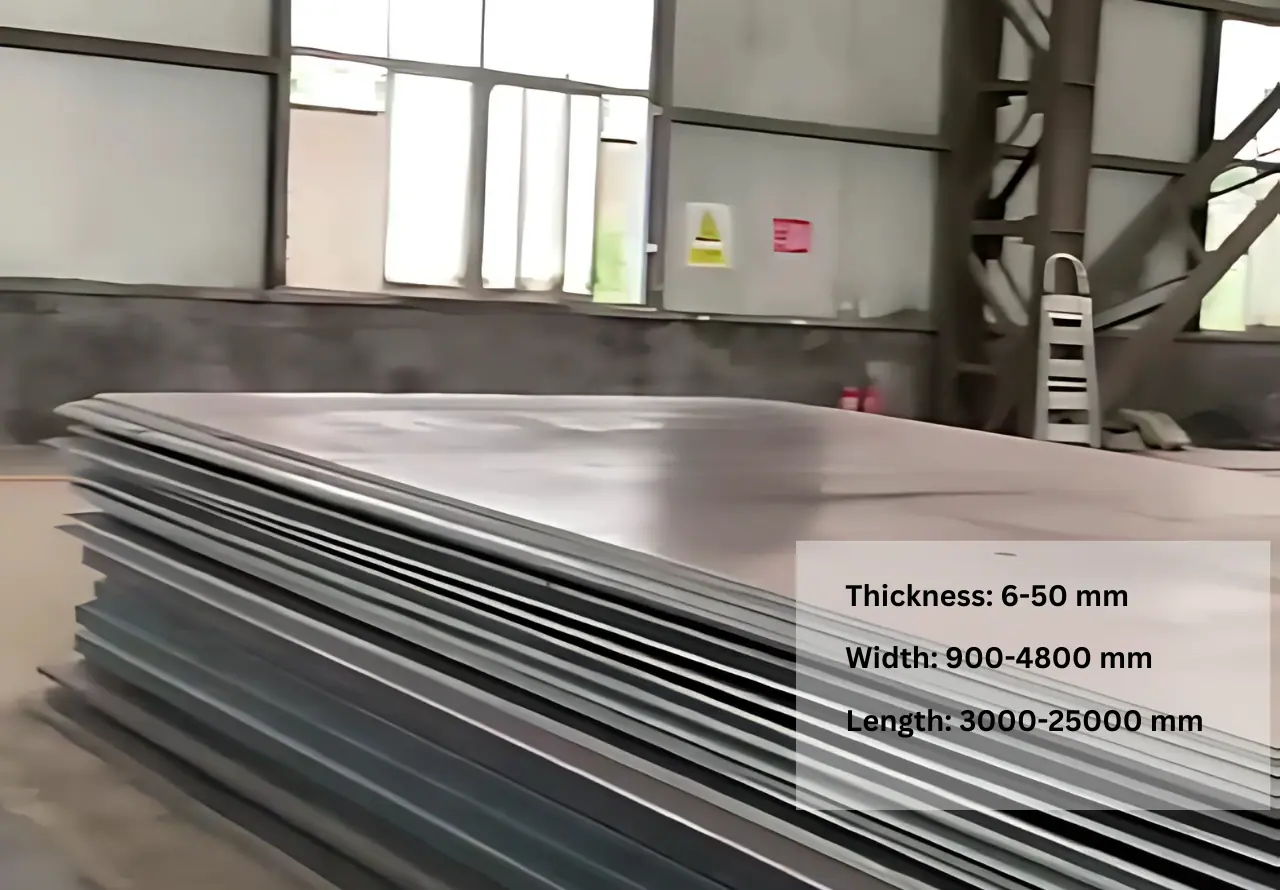
SteelPRO Group offers DH550 high-strength shipbuilding steel plates in stock....
-
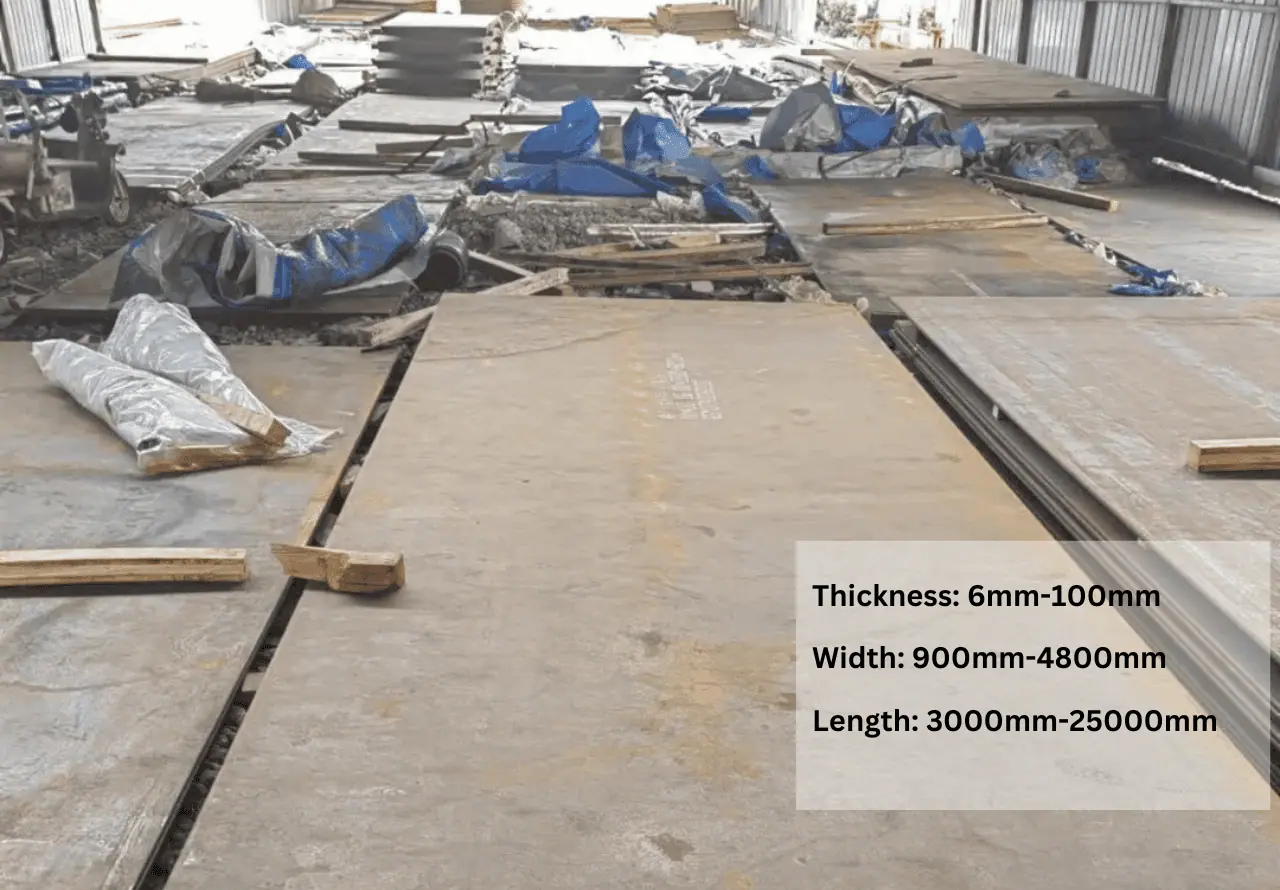
SteelPro Group offers FH36 high-strength steel for shipbuilding. It has...


